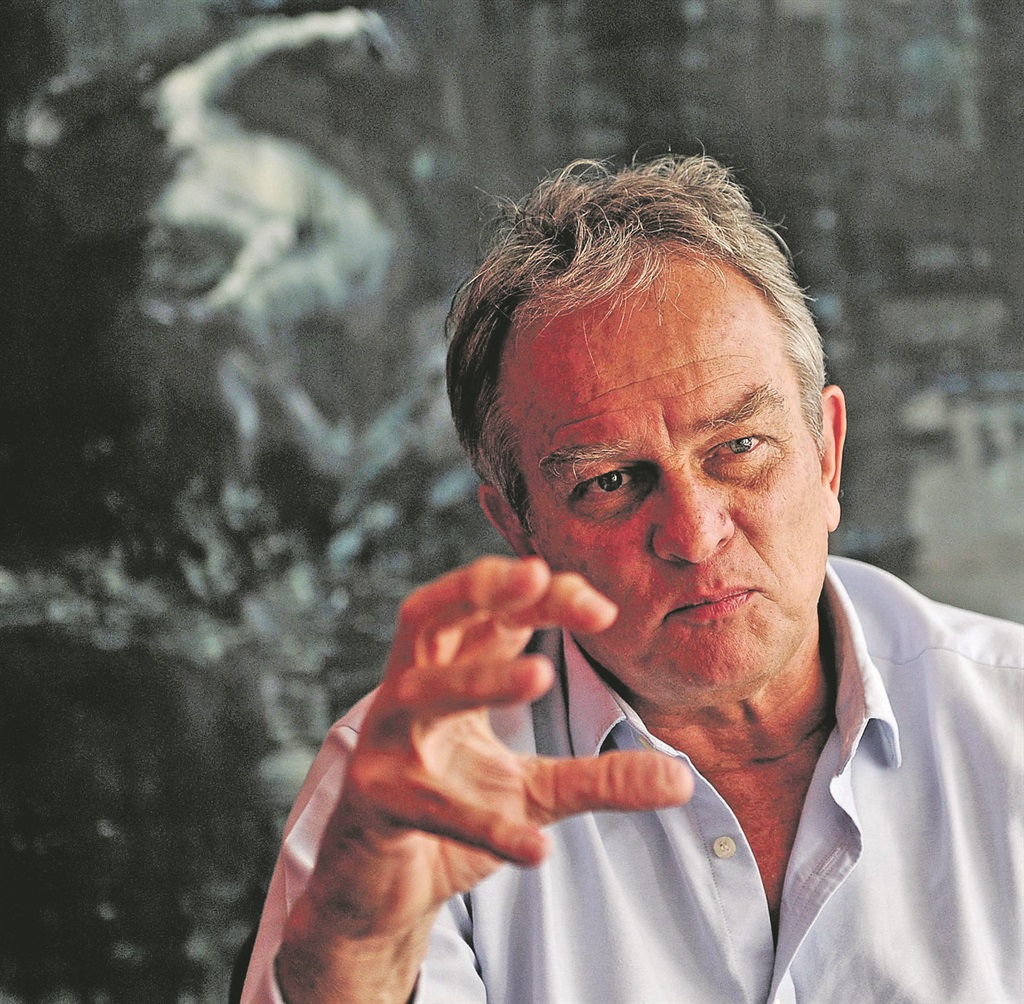
SA Post Office CEO Mark Barnes is a big believer in “state capitalism”.
Barnes is still the major shareholder and nonexecutive chair of his financial services company, Purple Capital, and took the reins at the long-suffering postal service late last year.
“If the Post Office fell to pieces tomorrow, the private sector would take it and do all of the functions of the Post Office – but ruthlessly, and at an extraordinary price for all of us,” he told City Press in an interview last week.
“If you said to me tomorrow, ‘We are going to privatise the Post Office, would you buy it?’, I would say, ‘Absolutely.’”
So would any number of other private players, he said.
The Post Office made a R1.5 billion loss last year, and is now raising R2.7 billion capital – of which about R1.9 billion is in the bag – off the back of government guarantees.
The Post Office has already received a R650 million injection from the government.
The turnaround plan that Barnes foresees is getting weaned off this state support within three years.
He sees the future Post Office run “as a business, not a social service” – making a third of its money from financial services, another third from
e-commerce deliveries and the remainder from mail.
The People’s Bank?
Barnes wants to realise a concept he came up with two years ago, of a People’s Bank of SA.
It comes down to state-subsidised unsecured lending. This would be a blood bath in the microlending sector but, according to Barnes, it is “absolutely a national imperative” that small loans to small businesses become cheaper.
It should also “at least partially” be a government mandate, he said.
The reason that he even took an interest in the Post Office was because, “at the core of it, there is a financial service at play”, he told City Press.
“If you think unsecured lending is going to go away, you are very confused. It is not,” he said.
“The real problem is that the industry has to charge interest rates and fees that are simply unworkable.
“The cost of capital is too high. I raise capital at 15%, and I will have to lend it out at 30% just to break even, because half the money goes bad [defaults].
“So I will lend it out at 45% to make a profit.
“There is no asset that yields 45%, so how can you borrow money at 45%? It will never work. It cannot work.”
The Post Office’s subsidiary, Postbank, takes deposits but does not lend out money.
“That has to change,” said Barnes.
The plan hinges on the state putting equity into Postbank, so that it is not dependent on raising expensive capital in the market.
“Then, assuming we can start lending money out at 8% ... everybody would go to the Post Office,” he told City Press.
Private sector
The Post Office would need an equity injection at some point, said Barnes.
Whether that took a similar form to the partial privatisation and JSE listing of Telkom was not up to him, he said.
“It is not my place; it is not my mandate. But I would argue that for us to compete, at some point we need to intercept with business. That is as much as I am prepared to say.
“We need equity, not debt. We are paying an extraordinary amount of interest to the private sector, just because we are borrowing against government guarantees.
“That is a complete waste.
“In the government’s eyes, I want to move from being a necessary expense to being a valuable asset.
“What do you want to do then? Do you want to sell some of this?”
In the meantime, Barnes wants the Post Office’s state subsidies back.
These used to be worth just under R400 million a year, back in 2010. Then they started getting phased out “for reasons that escape me”, said Barnes.
The subsidies were meant to pay for the Post Office’s universal service obligation – the need to have a post office within reach of everyone in South Africa.
“To the extent that that costs us money, the state must pay for it ... We want our subsidies back,” said Barnes.
Not all remote offices were unprofitable and there was a process under way to see how many the Post Office in effect subsidises, he said.
Apart from turning Postbank into a lender, Barnes’ strategy revolves around the Post Office “owning the last mile”.
“I think that in 10 years’ time, we will be the only physical infrastructure left standing,” said Barnes.
“No one else will have branch networks.
“Let us zoom to the future: Banks have withdrawn from their branches and Edgars does not have a shop in every town … You will be ordering everything over the internet and collecting it at the Post Office.”
And he means everything – from goods bought online to social grants, medicines to funeral policies and ID books, and more.
He wants the Post Office to be the contact point for “any financial transaction between anyone and the state”.
“We are the nearest access point, almost for everybody – certainly for the majority – to a formal distribution infrastructure that is there 24 hours a day,” he said.
“Grants, pensions, telephone bills – anything that requires transactions – should happen at a post office.
“Let us go further. Why can you not vote at a post office?
“Why should Sanlam build another office in Dullstroom when we have an office there?
“Our ambition is to own the last mile. For everything.”




 Publications
Publications
 Partners
Partners








